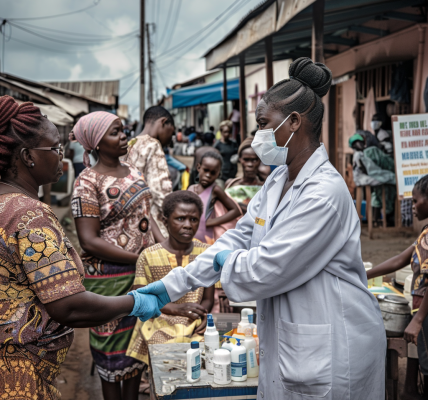Researchers from the Institute of Cancer Research (ICR) and the Royal Marsden NHS Foundation Trust, along with cosmology and astrophysics experts from the University of Durham and Concr, a techbio company, have launched an artificial intelligence (AI)-based clinical study that could help improve precision therapy in breast cancer.
The AI-VISION observational study will profile tissue samples from patients living with early triple-negative breast cancer (TNBC) to define and validate biomarkers of chemotherapy response, with and without immunotherapy.
One of the most aggressive types of breast cancer, which represents 24% of newly diagnosed cancers worldwide, cancer cells in TNBC do not contain oestrogen or progesterone receptors and do not produce much of the HER2 protein.
Typically, the current standard of care for the disease is based on the physician’s decision using clinical and pathology data.
The two-year-long study will demonstrate the performance and safety of novel computational methods to deliver precision medicine to help improve clinical decision-making for cancer patients.
The study will be funded by a grant worth almost £800,000 from Innovate UK, which was recently awarded to Concr.
Concr will use Bayesian computational frameworks from astrophysics to interlink disparate oncology data and allow scientists to identify and develop biomarkers of drug response.
Genomic data from the ICR’s genomics facility will be linked to clinical data from TNBC samples using Concr’s FarrSight platform to identify and validate biomarkers of response.
The FarrSight platform works to generate meaningful insights, ranging from biomarker discovery to patient outcome prediction in clinical trials, for cost-effective drug development.
Project lead Dr Navita Somaiah, clinician scientist, ICR and clinical oncologist at the Royal Marsden, said: “By combining data from a variety of different sources and analysing it using AI…, we hope to uncover genomic characteristics that indicate sensitivity to immunotherapy and could guide us [in] selecting the patients most likely to benefit from these newer therapies.”





